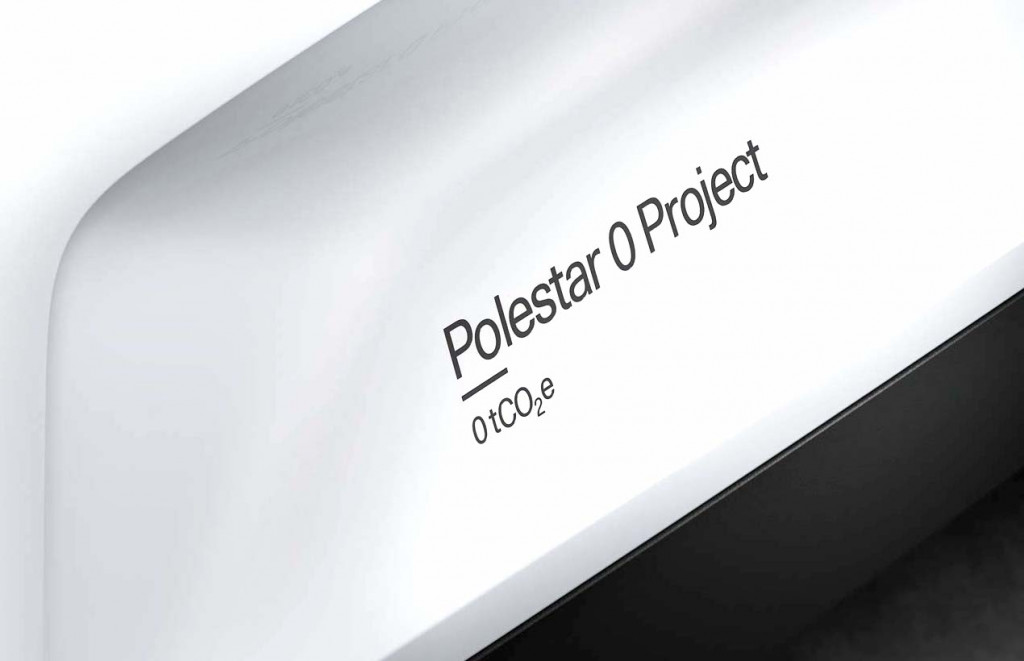EVs produce no “tailpipe” emissions, but the environmental impact of battery production has car shoppers concerned about EVs’ overall carbon footprint, according to a new Ipsos survey.
Of the consumers surveyed, 73% said they were concerned about how EV battery production might affect the planet. Further, 74% said they were concerned about the impact of the disposal or recycling of EV batteries at the end of their useful lives powering cars.
Respondents also wanted assurance that automakers were doing everything possible to address climate change. A majority (70%) said automakers must do more beyond building EVs, and 60% said they were more likely to purchase a vehicle “from a company that is transparent about environmental, social, or governance (ESG) issues.”
Audi battery assembly at Brussels, Belgium, factory
Given those results, Ipsos advocates improvements not only to battery tech but also to battery manufacturing, in order to grow EV acceptance.
“Companies in the electric vehicle sphere should persist in developing more sustainable and high-performing batteries,” the firm said in a statement. “Companies also need to communicate and educate consumers on how the development of these batteries is positively impacting society through their mining and recycling of the materials.”
One of the most-discussed new battery technologies is solid-state batteries, which would reduce the carbon footprint of battery production, according to some companies some of which have interests in the tech.

Polestar 0 Project
Another option is smaller batteries, which would help reduce the current issues with sourcing and mining of raw materials. Otherwise the trend toward super-size EVs, particularly in the U.S. market, may strain the supply chain.
In addition to helping EV affordability, localized EV battery production also gives manufacturers more control over that supply chain. That’s become more of a concern for U.S. automakers as they seek to meet new sourcing requirements for the federal EV tax credit, but could also be helpful in meeting long-term sustainability goals.
Efforts to reuse and recycle EV batteries will also help both assure customers and calculate out over time as a reduced footprint. And some brands are taking this very, very seriously. Polestar wants to make the first climate-neutral car by 2030.
